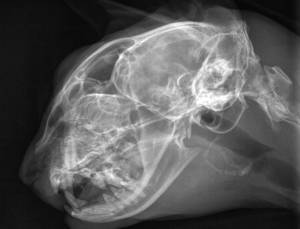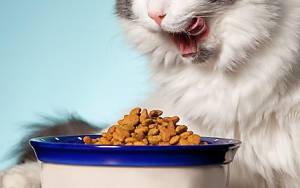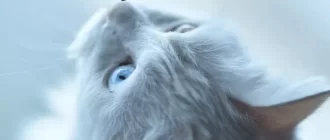Diabetes is a common health issue among cats, and just like in humans, it can lead to various symptoms and complications. One of the concerns often raised by cat owners is whether or not diabetic cats are always hungry. While increased appetite is a potential sign of diabetes in cats, it doesn’t mean that all diabetic cats are constantly hungry.
Understanding Diabetes in Cats:
Before we discuss hunger, let’s first learn about diabetes and its impact on cats. Diabetes mellitus, also known as diabetes, occurs when the body doesn’t make enough insulin or becomes resistant to it.
The presence of insulin is crucial for regulating the levels of glucose in the bloodstream. Insufficient insulin leads to the inability of glucose to enter cells, which leads to an increase in blood sugar levels.
Increased Appetite – Polyphagia:

One of the common indications of diabetes in cats is a higher desire for food, referred to as polyphagia in medical terms. When the levels of sugar in the blood are elevated, the cells do not receive an adequate amount of glucose for energy. Consequently, a message is sent to the brain indicating that the body requires additional food to fulfill its energy requirements.
However, not all diabetic cats show increased appetite or become voracious eaters. Some may exhibit normal or even reduced appetite. It largely depends on several factors, including the severity and duration of diabetes, as well as the overall health and well-being of the cat.
Other Factors at Play:
There are various factors that can influence a cat’s appetite, and not all of them are directly related to diabetes. These factors include:
- Diet: The type of diet you provide for your diabetic cat can affect their appetite. Feeding a balanced diet specifically designed for diabetic cats can help regulate their appetite.
- Medication: Proper management of diabetes includes insulin injections or oral medications. The timing and dosage of these medications can impact appetite.
- Stress: Cats are sensitive creatures who can experience stress due to changes in their environment, routine, or other underlying health conditions. Stress can lead to appetite changes.
- Obesity: Many diabetic cats are overweight, and obesity can affect appetite. Weight loss diets may be recommended, which can influence the amount of food a cat consumes.
Consult Your Veterinarian:
If you suspect that your cat may have diabetes, it is important to consult your veterinarian for a proper diagnosis. They will perform a thorough examination, including blood tests to determine the glucose levels and diagnose diabetes. They will provide you with appropriate treatment options and dietary recommendations tailored to your cat’s needs.






